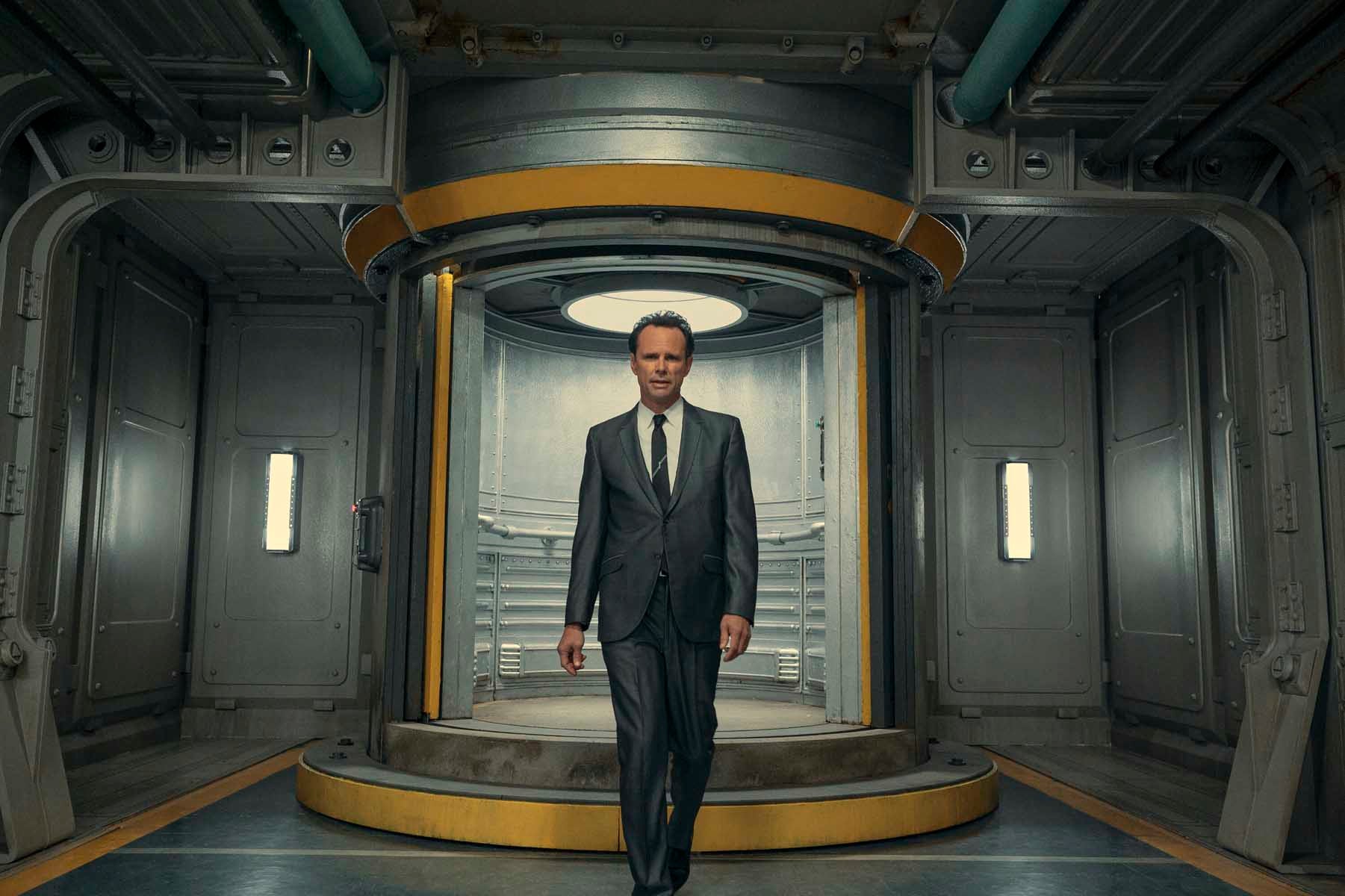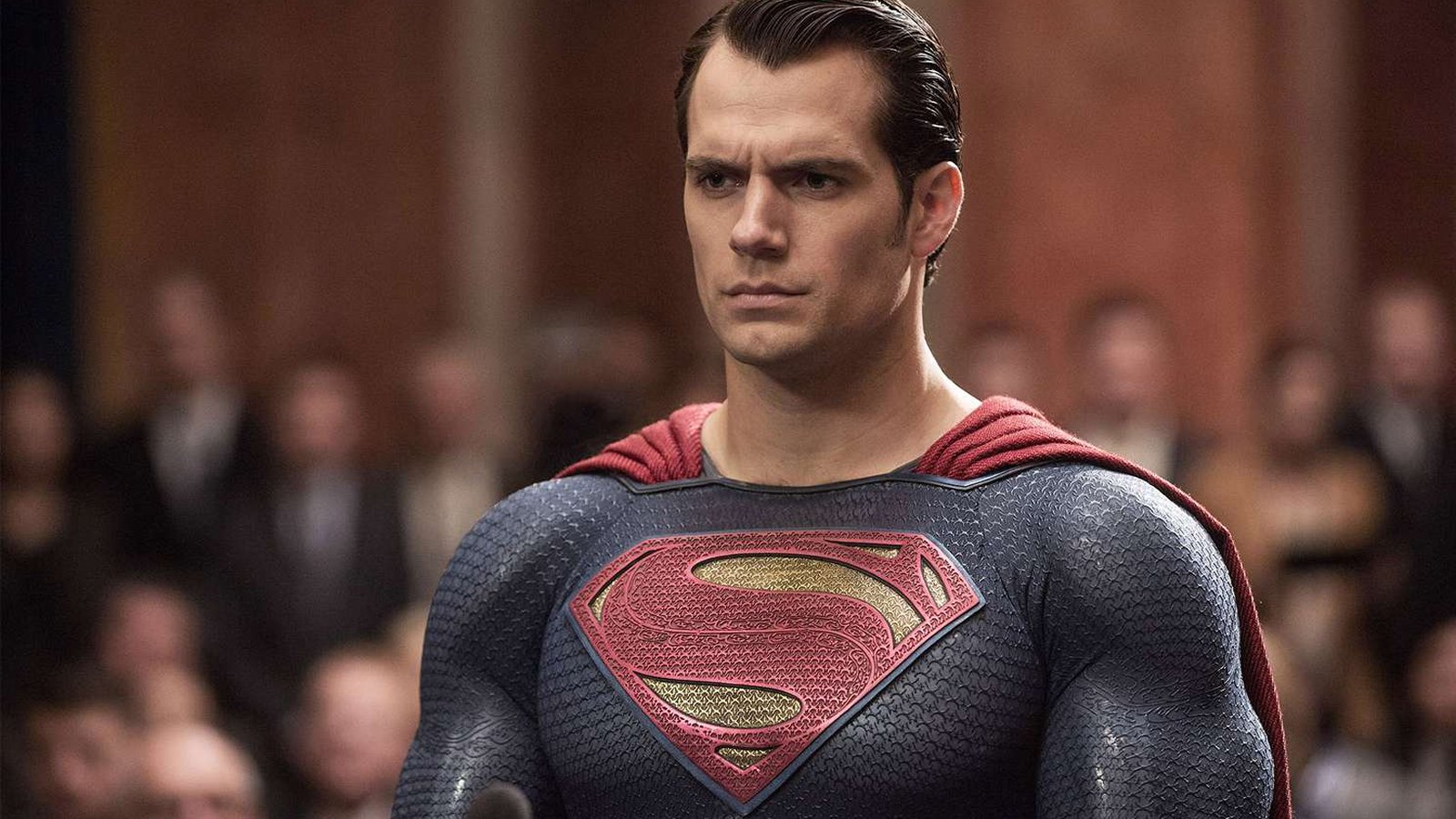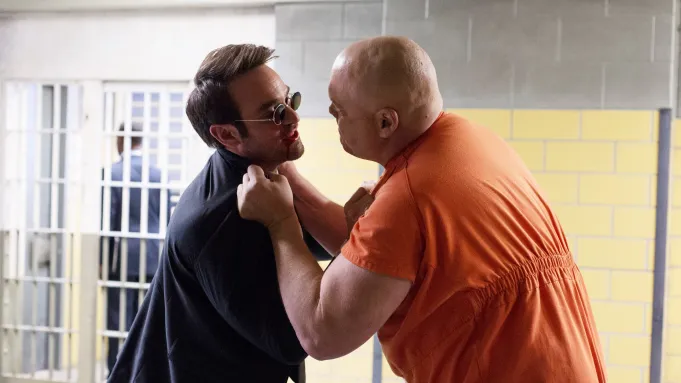If you click on a link and make a purchase we may receive a small commission. Read our editorial policy.
Amazon's Fallout show was written for people who somehow missed the anti-capitalist messaging of the games
Why even have an apocalypse if no one can make a buck off of it?

Popverse's top stories of the day
- Every new movie and TV series coming to Netflix, Amazon Prime Video, and Hulu in July 2024
- DC's Kingdom Come is getting the documentary movie treatment, with a big announcement coming in July 2024
- Marvel Studios unveils new Fantastic 4 artwork for San Diego Comic-Con
The Fallout show is introducing a whole new generation of fans to the tongue-in-cheek world that rises from the ashes of the nuclear apocalypse. If your first encounter with the Wasteland has been thanks to Amazon Prime Video, you might be wondering if the games carried the same stark messaging about the future. I can tell you that, if anything, the show goes harder with its anti-capitalist messaging than the games ever have.
We’ll be discussing some minor spoilers for the Fallout series, particularly the events of episode six.
That isn’t to say that the games have ever been shy about how capitalism, left unchecked, would drive the world into oblivion, but the Fallout series feels like it was written to ensure no one could ever miss the messaging or misinterpret what the show was trying to say. Episode six especially goes out of its way to drive the point home by giving us more time in the pre-fall world than we typically get to see in games. Walton Goggin’s character, pre-ghoul transformation, is confronted with evidence that Vault-Tech is not only standing to profit off the end of the world but has a “fiduciary responsibility” to its shareholders to hasten the fall of mankind because how will they sell spaces in Vaults if the world doesn’t actually end?
Even when Howard is at home with his wife, he can’t escape the constant reminders of how Vault-Tech is not in the business of saving the world. Her slip of trying to ensure that the family finds a place in “one of the good” Vaults hints at the dark nature of what the games have already established about Vault-Tech but haven’t always been so explicit in stating. What is good for business isn’t necessarily good for humanity and companies’ first priority will always be to their shareholders.
The fact that the Fallout series spends so much time in the past can be to the detriment of its pacing, which is already hampered by having three protagonists with their own winding storylines, but it does give the writers the chance to be as explicit as possible with their messaging. They can show us how, in no uncertain terms, capitalism will be a driving force for the end of the world because there are no lengths some people won’t go to make the magic stock market number go up. They need the nuclear apocalypse to happen to justify their investment in the Vaults.
Sometimes when a writers’ room goes so hard on a theme, it can get tiresome, but here it works because it feels like a distillation of what Fallout has always been. Free from the non-linear nature of the games and their need to cater to different playstyles and character types, the showrunners here can hit us with their message as hard and as often as they like – and it proves to be the show’s saving grace because sometimes subtext is for cowards.
Get ready to get out of your Vault and into the Fallout world - with our help, of course. Here is a guide to the Fallout timeline, how to play and watch all of Fallout, details on the Fallout cast, how the Fallout cast & crew really get the harsh humor we're looking for, as well as a Q&A with Fallout showrunners Geneva Robertson-Dworet and Graham Wagner.
Follow Popverse for upcoming event coverage and news
Find out how we conduct our review by reading our review policy
Let Popverse be your tour guide through the wilderness of pop culture
Sign in and let us help you find your new favorite thing.















Comments
Want to join the discussion? Please activate your account first.
Visit Reedpop ID if you need to resend the confirmation email.